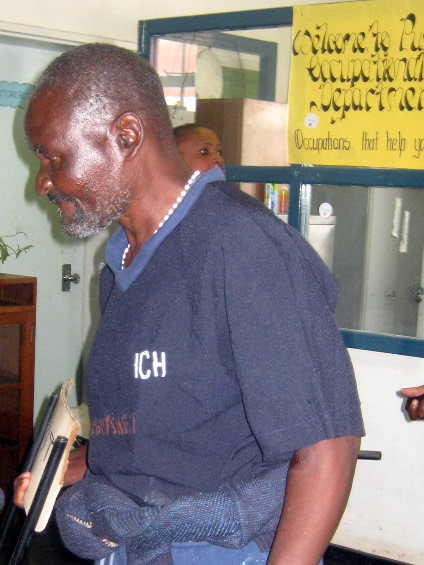Last week my neighbourhood experienced a massive electrical fault. It was caused by a young man who was attempting to steal oil from a ZESA sub-station. He got electrocuted in the process, was badly burnt and triggered an explosion that disrupted power supply to many homes.
I’m told that this chap was not more than 25 years in age and bizarrely, he only had one arm. What could possibly lead a crippled person to do something that precarious, risking his remaining limbs and his whole life? I know that there are millions in dire poverty in this country but it is only a few that would do something that dangerous. I could only put it down to desperate times driven by the type of thoughtlessness that typifies youthfulness.
Apart from their rashness, youth are also known to be naively idealistic, wanting and claiming honesty, prone to personal selfishness and constantly questioning the status quo. Used constructively, some of these attributes have seen youths all over the world revolutionise people’s thoughts, societal norms and entire systems of government.
And what of Zimbabwe’s young people?
History places them at the forefront of the fight against real and imagined colonial oppression. Modern policy states that our youth are the beneficiaries of the country’s wealth. Reality shows that this demographic has the highest prevalence of HIV/AIDS, unemployment and substance abuse.
So what is my point? Zimbabwe’s youth are characteristically not much different from their peers around the world; so foolish acts (executed clumsily with one arm) can be expected. However, whilst our youth brim with energy and potential, they lack outlets to constructively direct these. And this is by no means a result of their doing.
The responsibility lies with their elders who have spread intergenerational infections, held onto power and position, unfairly distributed land and other resources. The youth have been denied their chance to grow, to lead and to shine. So yes, without opportunities, youth is wasted, and it is wasted by those who should have guarded the future. And under these circumstances the young do what they do to earn a living and to keep themselves occupied.










